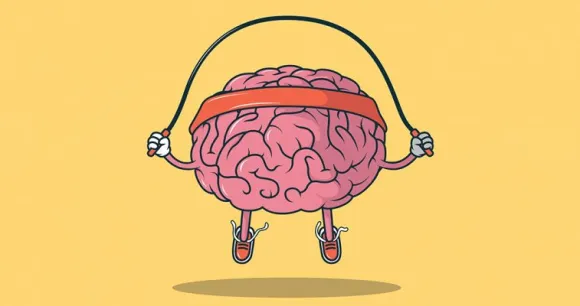What is Mental Fitness?
While exercise is often associated with physical health, it also plays a crucial role in enhancing mental well-being. Mental fitness refers to maintaining a state of well-being and developing an understanding of our thoughts, feelings, and behaviors. It enables individuals to respond to situations calmly and rationally while controlling their emotions. By building mental fitness, you can gain confidence, improve self-awareness, and foster a positive outlook on life.
When you cultivate mental fitness, you enhance the way you interact with the world. A strong mind allows you to approach challenges with clarity and resilience, creating a feedback loop where improvements in mental health often lead to better physical health, and vice versa.
How Does Fitness Help Mental Health?
Many people engage in exercise not only to improve their physical appearance but also to boost their mental well-being. Regular physical activity can lead to increased energy levels and a more positive attitude throughout the day. By setting and working towards fitness goals, you may also experience enhanced focus and productivity at work.
Exercise is particularly beneficial for those experiencing depression and anxiety. Studies have shown that physical activity can be as effective as antidepressants for treating mild to moderate depression. This is because exercise releases endorphins, which elevate mood and energy levels. Additionally, physical activity leads to changes in the brain that can reduce inflammation and promote feelings of calmness.
When you work out, your mind often shifts focus from negative thoughts to the physical tasks at hand, providing a much-needed distraction from distressing feelings.
How Exercise Can Help Depression and Anxiety
- Depression: Regular exercise can significantly alleviate symptoms of depression. The endorphin release during physical activity can enhance mood and increase energy levels. Moreover, exercising helps create a mental shift, making it easier to detach from negative thought patterns.
- Anxiety: Exercise serves as a natural stress-reliever. By engaging in physical activities, you release built-up tension and stress, leading to improved mental clarity and reduced anxiety levels. The endorphin surge promotes a healthier mindset and overall sense of well-being.
Additional Benefits of Exercise on Mental Health
- Sharper Thinking and Memory: Regular physical activity enhances cognitive function, aiding in memory and decision-making.
- Improved Confidence and Self-Esteem: Achieving fitness goals fosters a sense of accomplishment, boosting self-worth.
- Better Sleep Quality: Exercise can help regulate sleep patterns, leading to deeper, more restful sleep.
- Increased Energy Levels: Physical activity improves stamina, leaving you feeling more energetic throughout the day.
- Stronger Resilience: A fit mind and body can better handle stress, leading to increased resilience in challenging situations.
- Enhanced Awareness: Regular exercise helps you stay alert and engaged in your surroundings.
In summary, mental fitness is an integral part of overall well-being, and exercise is a powerful tool for enhancing mental health. By prioritizing physical activity, you can cultivate both mental and physical strength, leading to a happier, healthier life.






